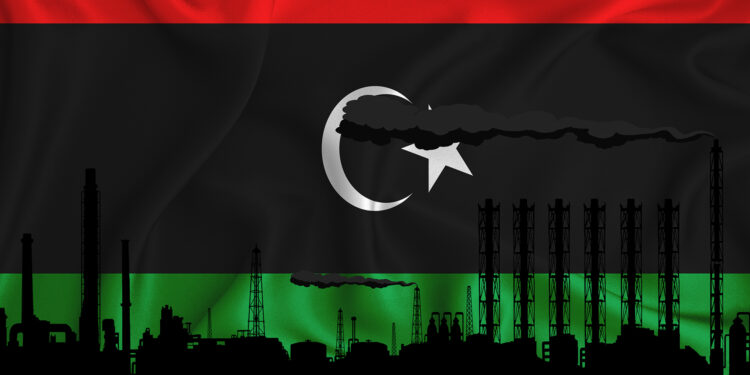9/14/2024–|Last update: 9/15/202401:19 PM (Makkah Time)
The situation in Libya is heading towards a deeper crisis as a result of the ongoing conflict over control of the central bank and oil, which has paralyzed the economy and exacerbated the suffering of citizens. The crisis has been exacerbated by the ongoing conflict between the head of the Government of National Unity, Abdul Hamid Dabaiba, and retired Major General Khalifa Haftar, in addition to the intervention of regional and international powers.
This is what the report summarizes. In the Washington Post By Ishaan Tharoor, he mentioned what was recently published by some media outlets from Libya, which stated that Saddam Haftar, son of Khalifa Haftar, is working to deepen the crisis, and seeks to ignite strife between the factions of western Libya and buy the support of selected militia leaders. His father also informed Western diplomats last month of his plan to launch another attempt to seize Tripoli.
The newspaper says that the crisis began last August when forces loyal to Dabaiba arrested officials in the Central Bank, which prompted the Governor of the Central Bank, Al-Siddiq Al-Kabeer, to flee to Turkey. This move led to the suspension of the operations of this bank and then obstructed transactions with more than 30 international financial institutions and isolated Libya from the global financial system.
The economic impact on Libyan citizens was dire, according to the author, as the bank closure resulted in a sharp decline in oil exports, restrictions on cash withdrawals, frequent power outages, and difficulty in obtaining oil in the country.
“Al-Kabir brought it upon himself,” the Washington Post quoted analysts as saying. “After the fall of the late Libyan leader Muammar Gaddafi, he was able to buy the loyalty of his opponents on both sides and maintain control (of this institution). He also supported fuel imports, making Libyan fuel the cheapest in the world, and facilitated its smuggling around the world and to Europe for huge profits. But his influence deteriorated over time, which led him to his current position.”
According to the newspaper, the roots of the bank crisis go back to a broader conflict between Dabaiba in the west and Haftar’s forces in the east, stressing that Haftar – who has significant control over Libya’s oil resources and has strong relations with Russia and the UAE – has been in conflict with Dabaiba since a failed attempt to control Tripoli during the civil war.
The current chaos highlights the ongoing conflict in Libya and its economic repercussions. With the international community still preoccupied with other global crises, such as the Russian-Ukrainian war and Israel’s war on Gaza, the need for effective diplomatic intervention and a solution to Libya’s internal conflicts is more important now than ever, according to the Washington Post report.



